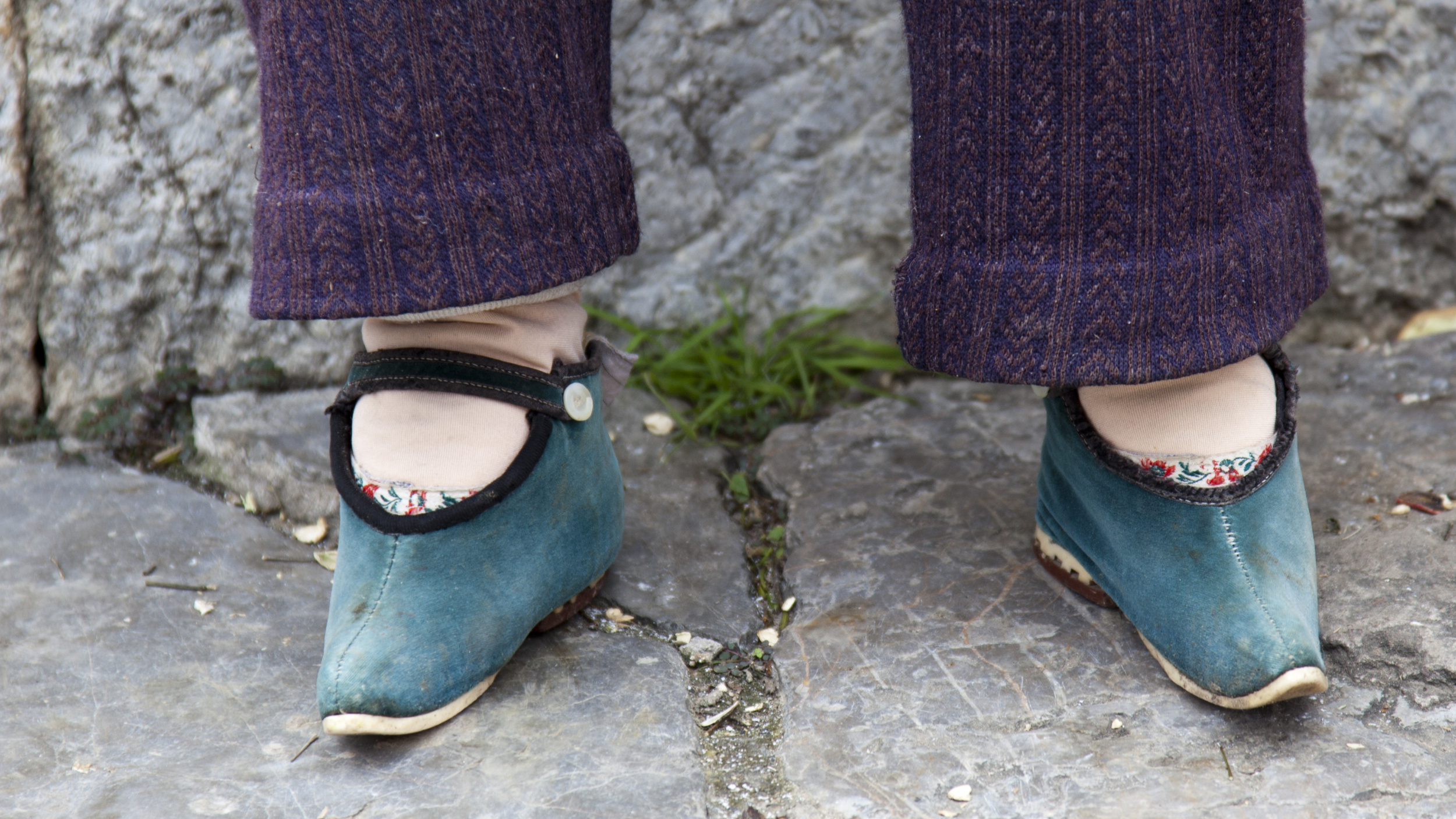Re-Inventing Magnificence – Conservation is the New Black
As some BTB supporters already know, I recently began a Visiting Research Fellowship at the Australian National University working in the area of cultural anthropology. The focus of the research is: How do current and historical cultures ascribe status to wildlife ‘products’ and what turns them into luxury items? The aim is to understand how this process works; of particular interest is how this knowledge may be utilised to achieve the reverse effect – turning a current luxury item (such as rhino horn) back into something no longer considered a luxury or desirable. This insight can then form the basis for creating demand reduction initiatives. As part of the initial literature search on the nature of luxury the concept of [...]







